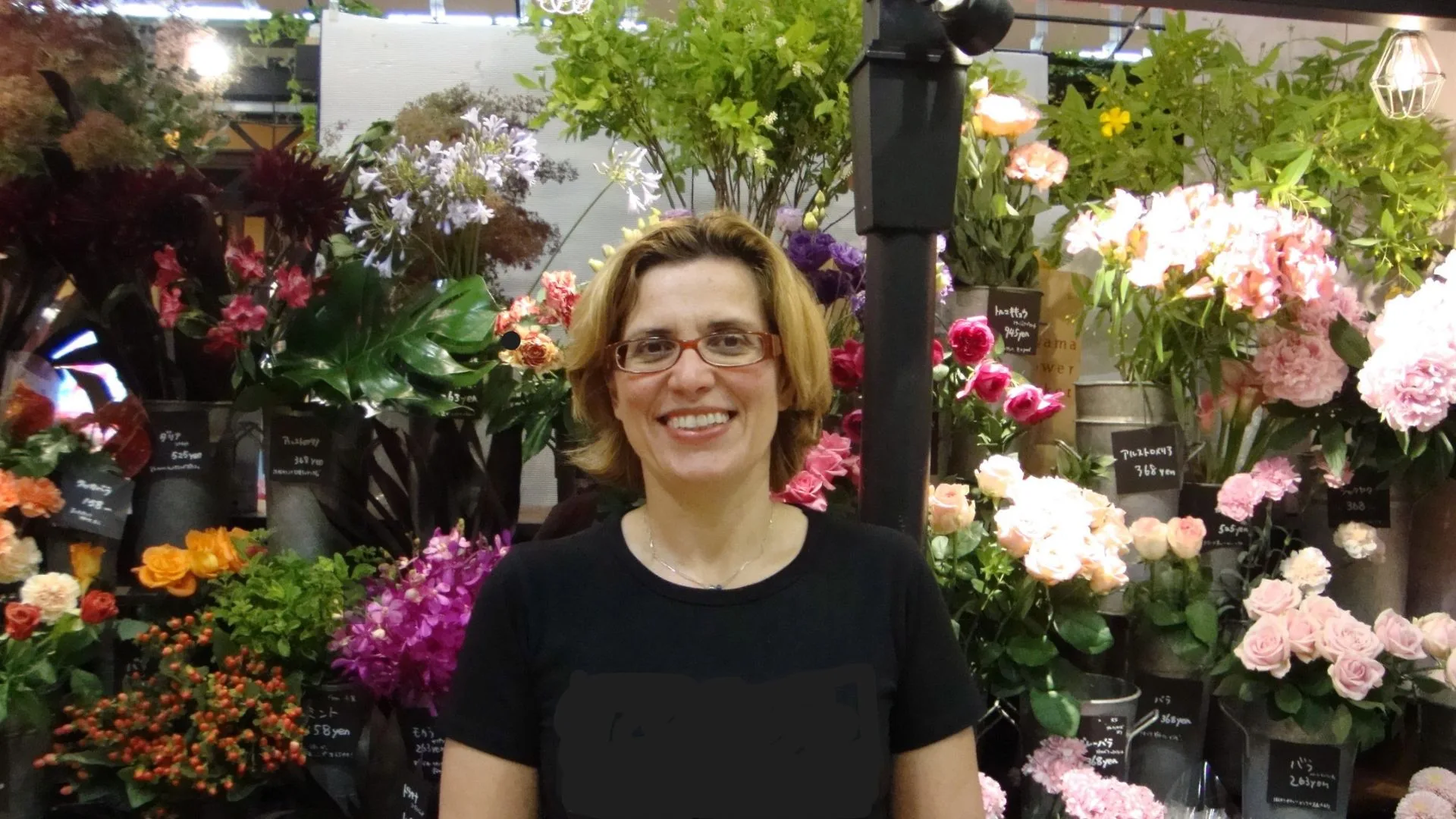Dr Anna Batistatou is a doctor, academic, author and Rector (Dean) of Greece’s Ioannina University. She will be the first of 50 speakers at the history-making ‘Inaugural Global and Hellenic Women’s Conference’ in Ioannina, Greece, starting on September 2 this year. Her topic will be ‘Gender Inequality and Mobbing in Science.
“I’m the first woman that was elected Rector since 1964 when the University of Ioannina was established,” she says.
“But why do they [academia, the media and broader society in general] always question the fact that I’m a woman? That’s actually covert or even overt sexism and discrimination.”
As a woman in Science – first a student, including post graduate and PhD level at Columbia University in New York, also medical doctor and Pathologist, and Head of the Faculty of Medicine at Ioannina University for many years before becoming Dean – Dr Batistatou has encountered covert discrimination, including mobbing.
An example of mobbing she relates is “being in a room with 10 men, where it’s usually a man who will lead the discussion, while the woman’s voice is ignored or downplayed. Even if the woman’s contribution is the most significant, often a man will adopt it as his own idea.”
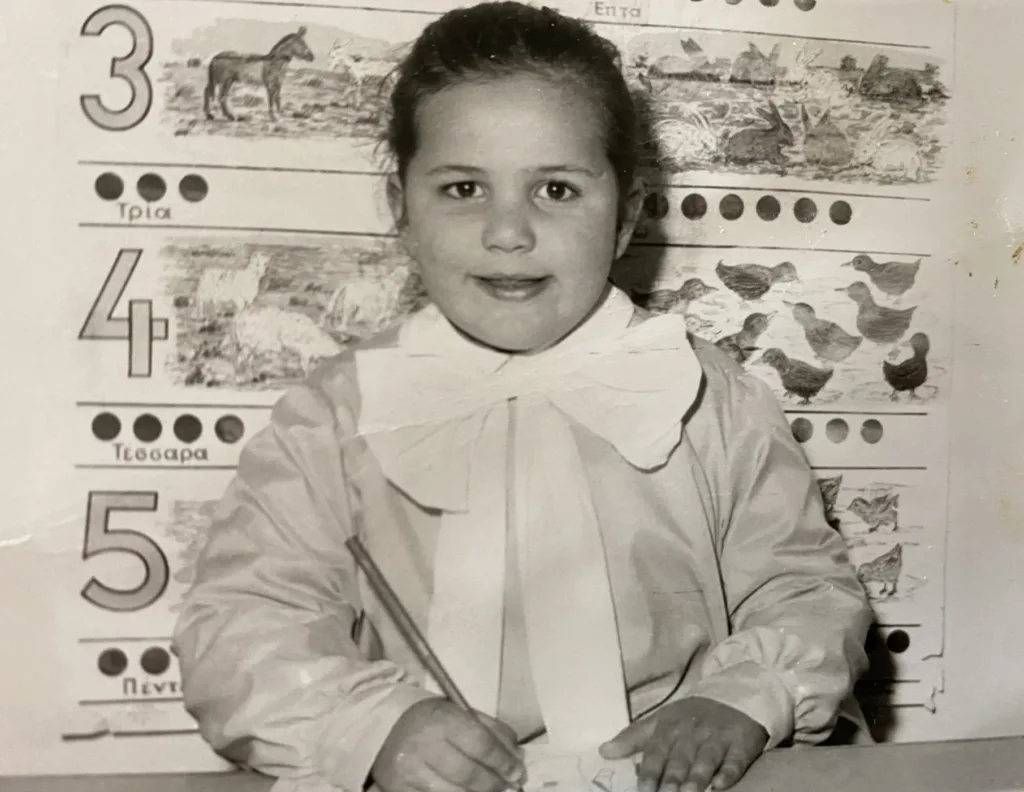
“With covert sexism, a vast amount of damage is done because it gets implanted into your mind in subtle but nonetheless powerful ways, so much so that you consider it the normal state of things,” she adds.
“Luckily, I’ve been resilient but looking back, and through discussing and sharing such experiences with other women, I realised that I used to think the mobbing/intimidation I faced was natural.
“I now speak to communities and participate in women’s forums – trying to lead by example, because as scientists we can be visible role models. It also helps that altogether we’re making it a better world for girls.
“Men who are liberated from sexism and discrimination against women can be best friends and allies. These are the men who are themselves satisfied with their lives.”
Of her birthplace, Patras, Greece, Dr Batistatou says, “It was the best way to grow up; Patras was a safe city, people were friends and when you’re young and vulnerable, it’s good to feel protected within a community.”
“Every summer though, we went to Kefalonia, where it was a different world,” she adds.
“I mixed with my cousins there, who were fishermen for example, whereas my dad was a scientist in Patras. I was lucky to have exposure to both worlds – the rural and the urban. This upbringing gave me the internal stability I needed to study in the USA aged 24, after my Medical Degree from the University of Patras.
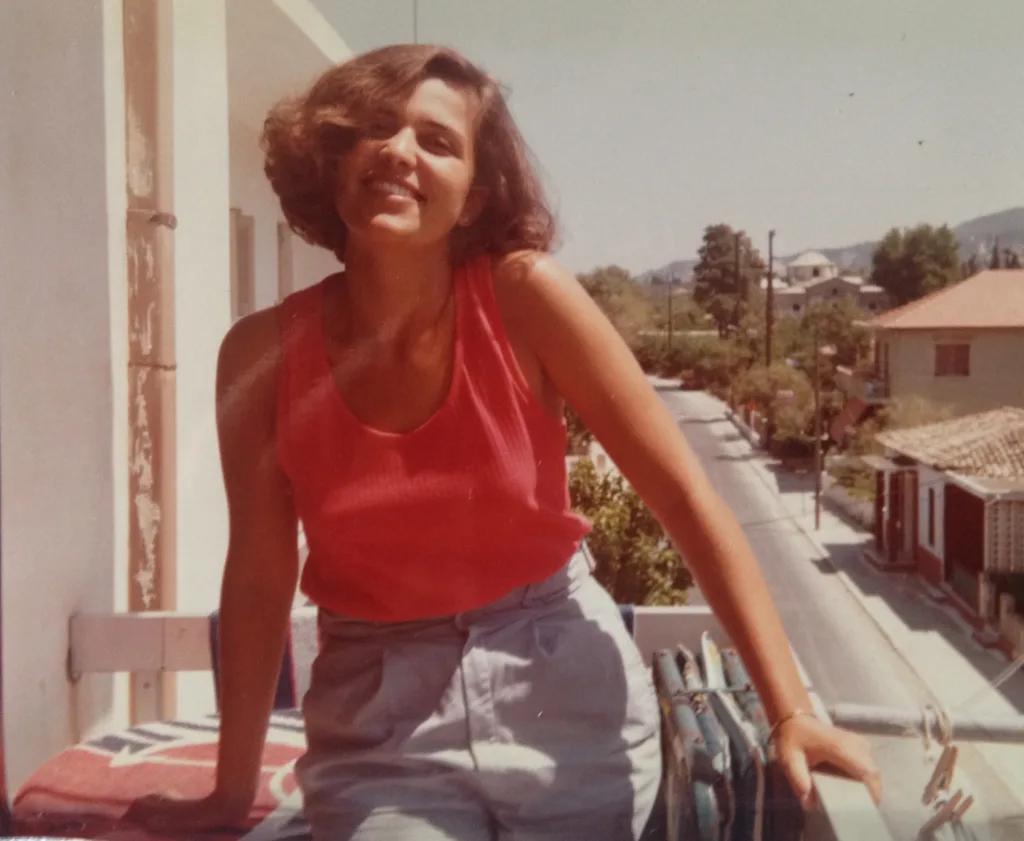
“It was a dream come true for me to study in New York at Columbia, an Ivy League University, where I completed two degrees: A Master of Arts (M.A) and a Masters of Philosophy (M.Phil.) – part of my Ph.D. Medical Research Degree. I then did my residency in Pathology in New York, and returned to Greece due to family health issues. I began employment as a doctor at the University Hospital of Patras, and then for 22 years at the University of Ioannina (initially as Assistant Professor, later as Associate and since 2013 as Full Professor), where since December 2022, I am Rector.”
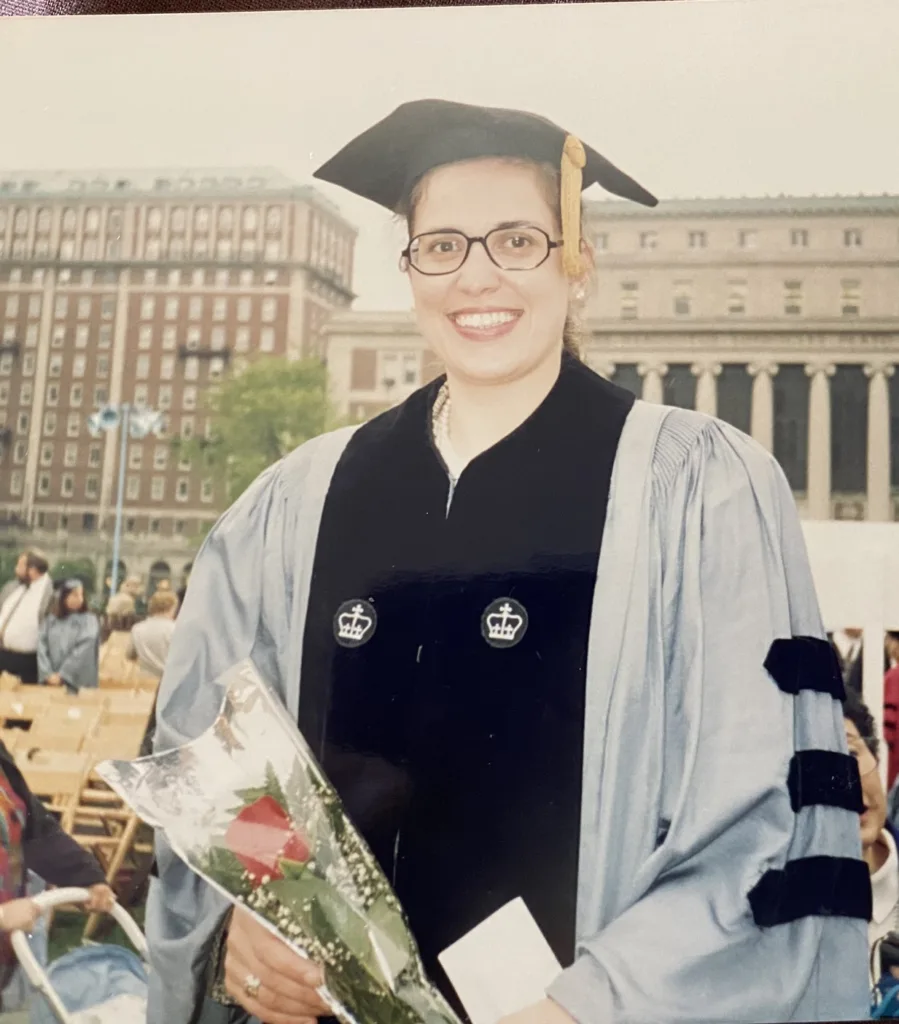
On her choice to become involved with Medical Humanities after her initial Medical Degree, Dr Batistatou explains: “It’s something that drew me because of my personal experiences with sickness and death. I always spoke to patients, and I wrote reflective papers about these topics.”
“Furthermore, I wrote a novel in 2016 ‘I Zoi En Petra’ (Life in Stone) which was primarily inspired by two deaths in my family. It’s about life through death, during disease and beyond. People who suffered loss found it healing. I hope it conveys that despite the tragic circumstances in life that cannot be avoided, don’t build a wall around yourself; a wall blocks the light – hence, you must keep moving on,” she adds.
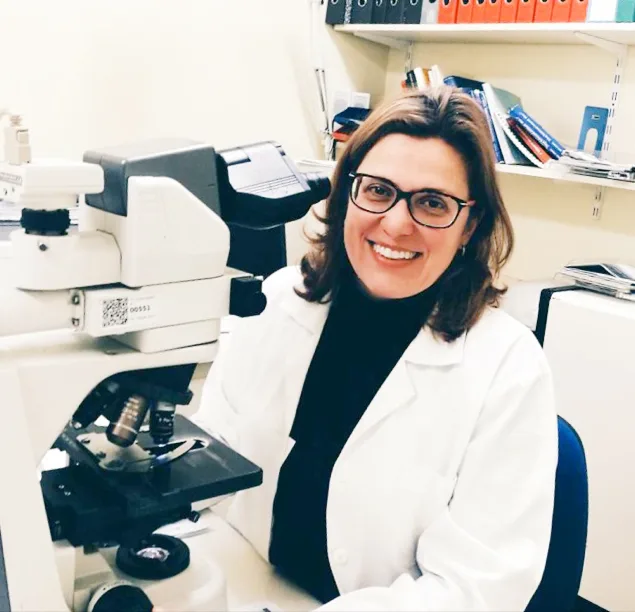
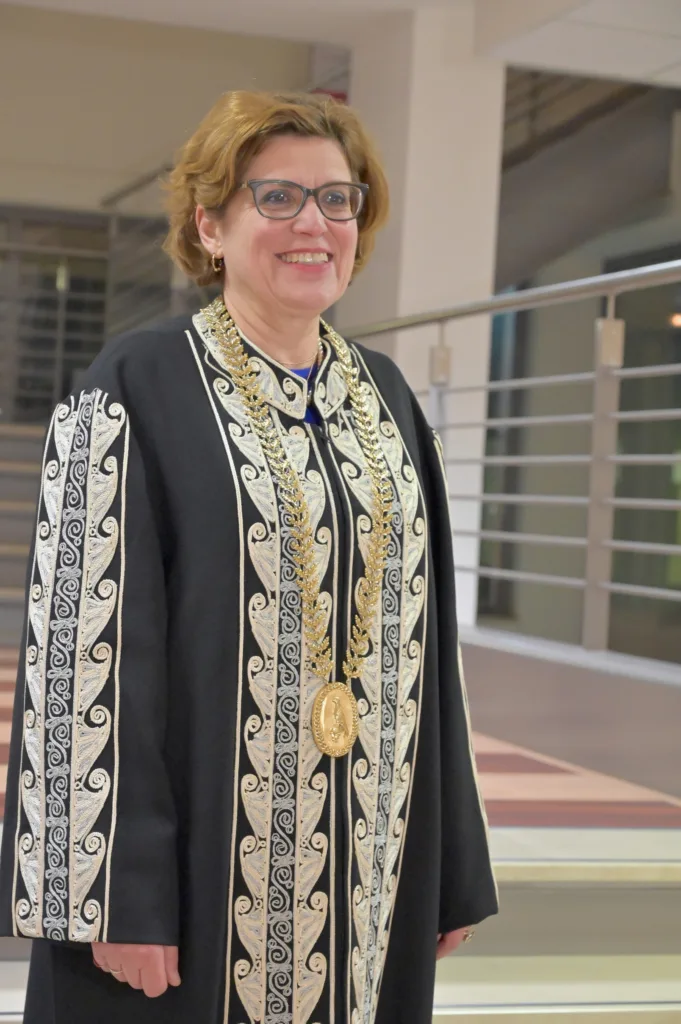
“Insofar as truly relating to and experiencing life outside of science, I came to realise that doctors sometimes lack certain life experiences outside of science. And so, at Ioannina University with colleague Marika Syrrou, Professor of Genetics, we’ve been offering a Medical Humanities course, collaborating with Professors of various disciplines, such as Art History and Literature.
“I consider it important to teach future doctors how to see (and not just look) through exposure to art for example, to sensitise them towards other ways of perceiving and interpreting.”
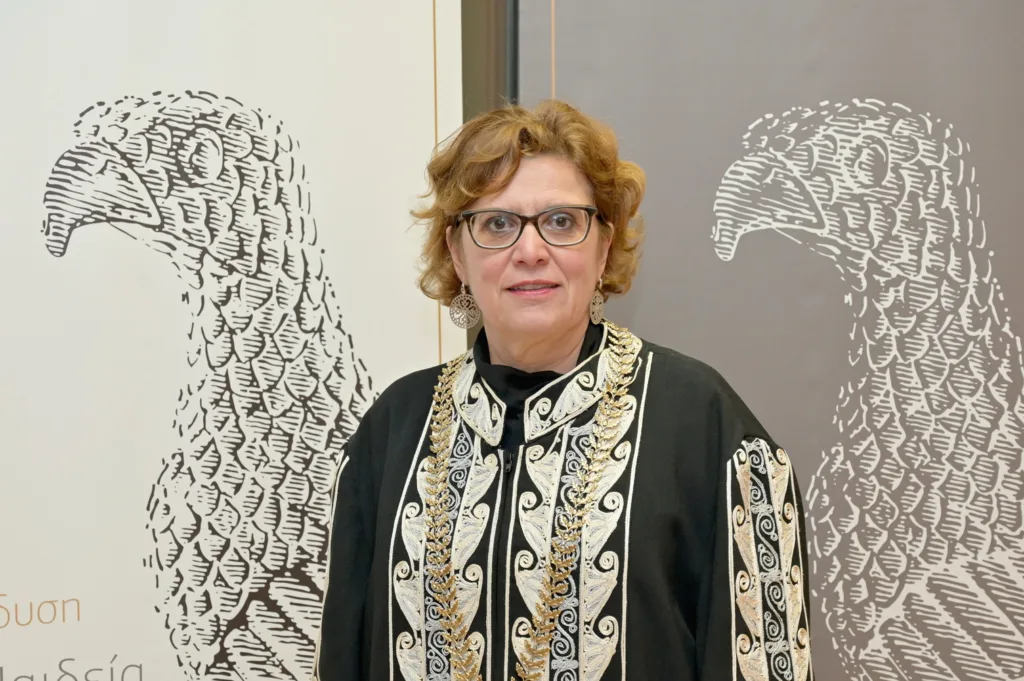
Of the Greek public health system, Dr Batistatou says, “We have good doctors who dedicate their lives for less pay than the private sector; who believe, like I do – that we in Greece deserve the best public health care and education. That is why I work for a Public University and Public Hospital.”
“We as a community and country have to support our public universities and hospitals: with funding, with people, with giving our best selves. Our universities are super; they excel abroad with limited means, and this says a lot,” she says.
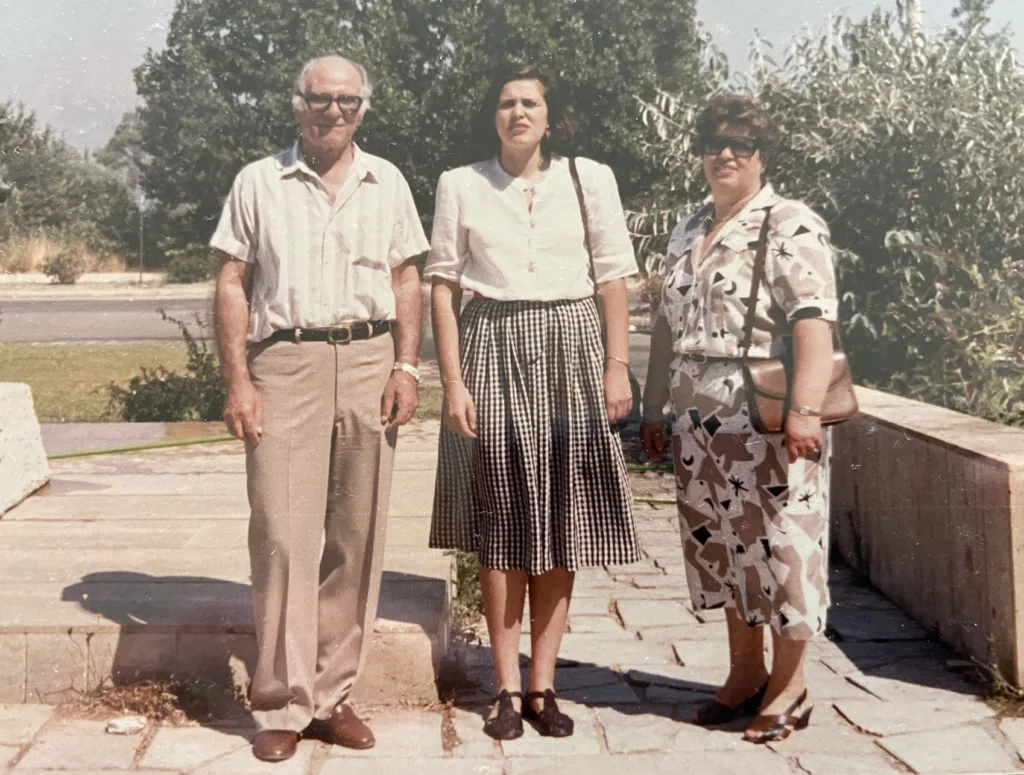
“If the private universities come, they have to be judged by the same standards from our Hellenic Authority of Higher Education which evaluates Public Universities. They should play by the same rules.”
I ask Dr Batistatou what she knows of Australia.
“I’ve had pleasant interactions with Aussies at Columbia University, and I also met and very much admire the Australian pathologist, and Nobel Prize winner John Robbin Warren for his discovery of, Helicobacter pylori. In a personal context, I’ve met Greek Americans in the USA, and I sense that Greek Australians too, are very similar in that people abroad try harder to keep their homeland’s customs,” she says.
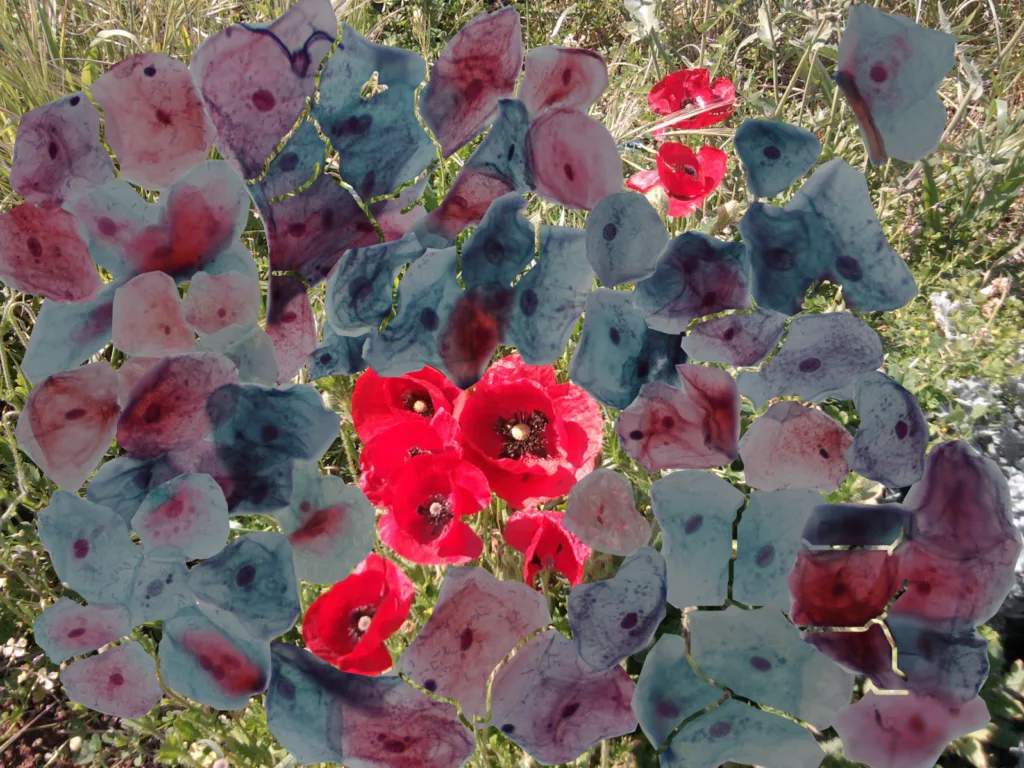
“In fact, at the University of Ioannina as Rector, along with my colleagues, we are trying to attract Greeks of the diaspora, by offering a course on Greek language and culture studies which includes accommodation for three or four weeks. This is through the Centre for Study of Hellenic Language and Culture, and there is no age limit.
“We also organise City Labs in Ioannina where we involve citizens including children, in summer school courses such as in Arts and architecture, where the chief tutors are from the university, as we want the university to be open to the community. Ours is a university of multi-circular study which includes post graduate degrees and research. We aim for internationalisation – broadened outreach and scope (we’ve recently become part of the European University Alliance), including collaborations with many other Universities inside Greece and abroad.
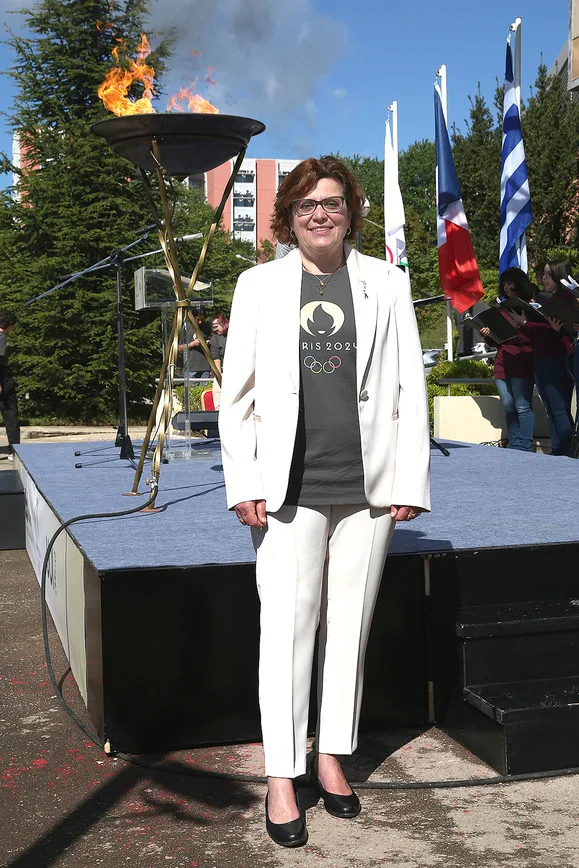
“In terms of my future plans, for the moment I want to continue contributing to the advancement of Science and patient care. First and foremost, make the best of my position as Rector of the University of Ioannina. This includes making our university a more innovative and attractive student-oriented educational environment, open to the community and the world, more eco-friendly and inclusive. We are basically working to keep upgrading our university, always adhering to the highest professional and humanitarian standards, as one of the largest comprehensive universities in Greece.”
For more information on the ‘Inaugural Global and Hellenic Women’s Conference’ in Ioannina, Greece and the FULL PROGRAM visit the website of the Food for Thought Network of Hellenic Women in Australia: www.fftn.org.au. Media Contact in Greece: +306936290145. Media Contact in Australia: +61406011015.
The conference is under the auspices of the Greek Ministry of Foreign Affairs, Ministry of Family and Social Cohesion, Region of Epirus, Municipality of Ioannina, Chamber of Ioannina, and the Office of Education of Epirus.
Media Sponsors: ERT3, The Voice of Greece, The Greek Herald, Neos Kosmos, Hellenic News of America.
